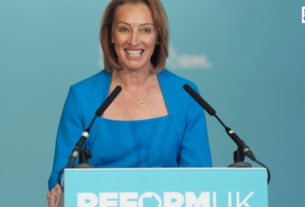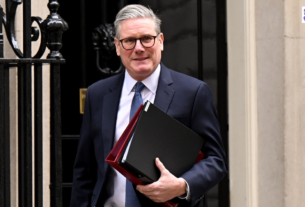First Minister John Swinney is set to lead an emergency summit this week as Scotland confronts a deeply troubling rise in youth violence, particularly knife-related crimes. The summit, scheduled for Thursday, comes in the wake of the tragic deaths of two teenagers, 15-year-old Amen Teklay and 16-year-old Kayden Moy, who were fatally stabbed earlier this year in separate incidents that shocked communities across the country. Several other teenagers have been charged in connection with the killings, sparking widespread public outcry and renewed political pressure to tackle the root causes of violence among young people.
The summit will bring together senior government ministers, including the Justice and Education Secretaries, as well as ministers responsible for children and community safety. They will be joined by youth workers, campaigners, community organisations, and members of the Scottish Parliament from across the political spectrum. The goal is to forge a united approach to curbing the rise in violent behaviour, particularly among young people, and to develop community-based solutions that focus on prevention, education, and intervention.
As part of a wider response, the Scottish Government has announced a 7% increase in funding for the Scottish Violence Reduction Unit, raising its annual budget to just over £1.2 million. The unit, which has been instrumental in reducing knife crime in the past, will be tasked with expanding its outreach and education efforts in communities deemed most at risk. Justice Secretary Angela Constance stressed that there is no tolerance for violence in Scottish society and warned that those who break the law will be held accountable. However, she also acknowledged that enforcement alone is not enough, pointing to the need for long-term strategies that address the social and emotional issues driving young people toward violence.
Much of the discussion at the summit is expected to centre around early intervention and the role of schools, youth groups, and families in steering young people away from risky behaviour. Experts and campaigners have long argued that austerity and a lack of youth services have contributed to a growing sense of hopelessness and disconnection among some young people. Swinney’s government is now under pressure to deliver a coherent, well-funded strategy that doesn’t just react to violent incidents but prevents them in the first place.




